私たちの結婚 (1962)
ジャンル : ドラマ
上映時間 : 1時間 6分
演出 : Masahiro Shinoda
脚本 : Masahiro Shinoda, Zenzō Matsuyama
シノプシス
When two sisters fall in love with the same man, one must decide to look elsewhere.

The Angry Street includes a great deal of location shooting in the rebuilt city, including downtown streets, residential neighborhoods, the campus of the University of Tokyo, and the high life of jazzy dance halls. Sudo (Hara Yasumi) and Mori (Uno Jukichi) are two university students who make money by picking up rich girls in dance clubs and conning them into giving them cash. Mori is the brains of the operation, and Sudo is the suave dancer who picks up the girls. Over the course of the film, Sudo becomes involved with three different girls and is drawn into the gangster milieu, which he seems unable to resist even though he is responsible for his mother, grandmother, and sister, Masako (Wakayama Setsuko). In this world of bad boys and girls, Masako is the pillar of strength and moral virtue who finally enables Mori to straighten out.

The movie focuses on the plight of ten war orphans hailing from different cities across Japan. With nowhere to go, they scavenge around train stations, scratching out an existence by means of black market work for a one-legged tramp whilst avoiding being picked up by the police for vagrancy. Soon however, they find a more inspiring role model in the figure of a nameless soldier just repatriated after the war. An orphan himself, the soldier also has no home to return to, and so sets out across the country with the kids in tow in search of work before settling on the goal of leading them to the orphanage where he himself grew up.

This Italian film takes a chilling, nonexploitative look into the mind of a nice young man who compulsively rapes beautiful women. The rapes are graphically presented and may be disturbing to some viewers. Outwardly Luca seems to be a normal, quiet 20-year old. His mother is frequently gone. Trouble begins when Luca becomes obsessed with Valeria, the beauty who works in the next building. He begins spying on her, and then secretly filming her with his camcorder. He tries to get to know her, but she ignores him. Unable to stand her constant refusal, the frustrated young man accosts her on dark street and rapes her. The first rape was almost accidental; he encountered her on the street and he hurt her. Unfortunately, he liked the violence and begins raping every attractive woman he sees. He is particularly violent with Lorena, a jewelry saleswoman whom he beats up in a park before violating her.

The story of Marquise De Prie, the wife of Marquis De Savoy and the mistress of King Louis XV.
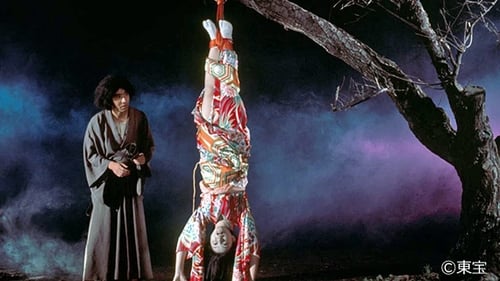
友が託した鬼頭千万太の遺書を携え、金田一耕助は”獄門島”に降り立った。三人の義妹の行く末を案じながら死んだ鬼頭千万太の通夜の日に、第一の事件は起こった。末娘・花子が梅の古木に逆さ吊りにされ殺されていたのだ。続いて二番目の妹・雪枝が、寺の鐘の中で死体となって発見される。そして遂には……長女・月代までもが残酷な死に様を残した。いったい誰が、何のために? この猟奇的な事件を追う金田一は、千万太の父、嘉右衛門の残した三つの俳句の謎につきあたる。この見立て連続殺人の意味するところは──。そして、真犯人は?https://www.themoviedb.org/movie/371320

This French language drama from Portuguese filmmaker Manoel de Oliveira takes an ironic look at the pretentiousness of international jet-setters while simultaneously examining an obsessive romantic relationship between an aging Lothario and a beautiful married woman. The tale begins at a garden party in a lovely villa in the Azores held by Rogerio and Leonor for handsome, middle-aged Michel and his mistress Irene, a noted Greek movie star. The guests aren't there long before an obvious attraction between Leonor and Michel prompts them to head for a private beach (their tryst, if there was one, occurs off-camera). Five years later, the foursome again meet for a garden party and once again they pair off after spending much time discussing gender differences, emotion, social insight and exchanging witty bon mots.
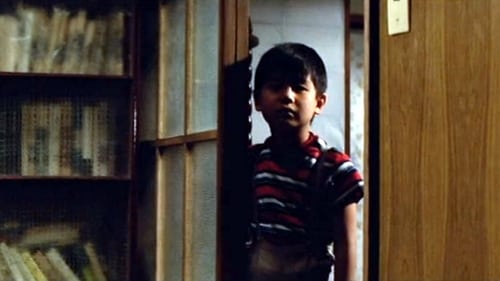
When a married man begins an affair with a woman from his past, he comes to suspect her young son intends to murder him.
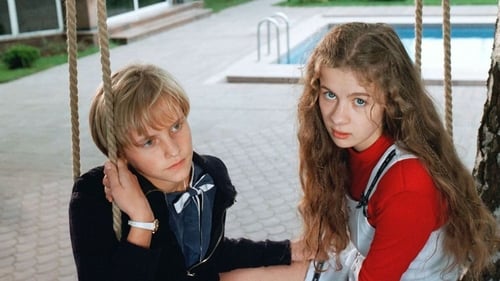
A devout Catholic peasant girl is corrupted by two new friends when her family moves to the city. An allegory of traditional Polish values under threat from materialism and decadence in the post-Communist era.

As her husband Eiichi becomes more entangled in his life as businessman, Naoko looks for ways to expand her own life even as her husband's life shrinks in scope and intimacy. She finds new interests, new love, and a greater sense of her place in the world.
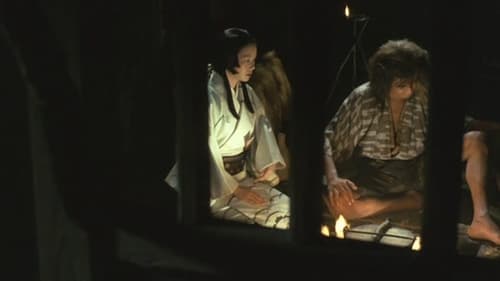
Young Kinu Yamabe is drawn to low-born Onimaru, who is vital and charismatic, but viewed by his father as a demon. After her first period, Kinu suffers the fate of any women born near the Sacred Mountain: she must leave the Mountain and serve as a priestess.

「…彼女は女王蜂である。慕いよる男どもをかたっぱしから死にいたらしめる運命にある。…」 昭和26年、月琴島で育てられた大道寺智子は18歳になり、父・大道寺欣造の住む東京の屋敷に引き取られることになっていた。その欣造宛てに奇妙な手紙が届き、智子を呼び寄せてはいけないと警告していた。手紙は月琴島で19年前に起こった学生の事故死にも触れ、「あれは果たして過失であったか」と疑問を投げかける。不安を感じたらしい欣造は金田一耕助に調査を依頼。金田一は智子の後見人として月琴島に渡り、智子の東京行きに同行することになる。 一方、智子は、東京行きの直前のある日、椿の根元から開かずの間の鍵を見つけ出した。好奇心に駆られた彼女が、開かずの間の中で見たものは、血のついた月琴であった。 島を出て、伊豆のホテル松籟荘に着いた智子の前に、大道寺欣造、文彦らのほか、欣造の薦める3人の婿候補者(遊佐三郎、駒井泰次郎、三宅嘉文)と、謎の手紙で呼び出された多門連太郎が現れる。智子を巡る争いのうちに、惨劇の幕が開かれる。

Slice of life film centered around a couple of years in the life of a rural high school girl.
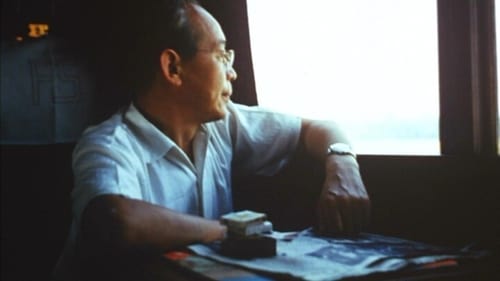
Kenji Mizoguchi: The Life of a Film Director (Aru eiga-kantoku no shogai) is a 1975 Japanese documentary film on the life and works of director Kenji Mizoguchi, directed by Kaneto Shindo (Onibaba). It runs 150 minutes and can be found on the second disc of the Region 1 Criterion Collection release of Ugetsu (1953).

Michail Forman, a successful business manager, gets stuck in a traffic jam. The weather is lousy, his car breaks down and he forgot to buy a present for his 5th wedding anniversary. He jumps out of his car and finds some shelter in the entrance of a shopping mall. Attracted by a little girl he enters the mall, but once he's in, time and reality are no longer something to rely on.
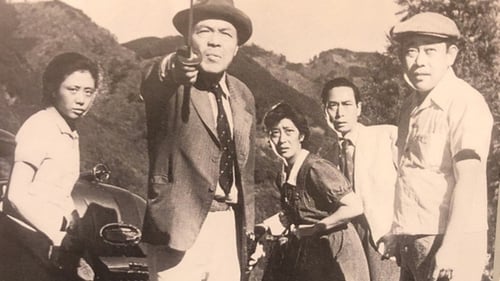
A group of five rookie insurance salespersons, driven to desperation by the impossibility of their work in Japan's failing postwar economy, form a plan to rob a cash delivery truck in order to provide for their families.

On the night of the summer Obon festival, Hagiwara Shinzaburo meets a beautiful courtesan named Otsuyu. Not knowing she's a ghost, he becomes infatuated by her.

Ginko, a poor cobbler's daughter, becomes a geisha to support her family. She passes from one geisha house to the next, trying to find love and hope in the process. No matter how hard she tries, she just can't escape her sad fate.
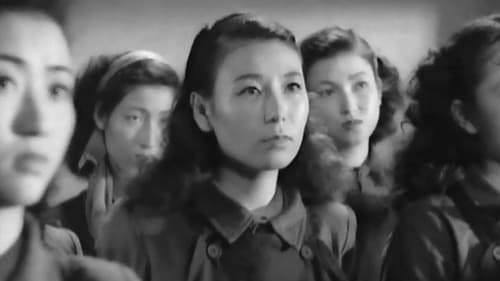
The critical establishment was clearly not prepared to accept a woman's prison film featuring former prostitutes recovering from venereal diseases, unwanted pregnancies, and estranged lovers. With its cat fights, hysterical tantrums, film noir lighting, and dramatic music, White Beast is indicative of the new influences of the Hollywood psychological thriller on Naruse. Caged (John Cromwell, 1950) initiated a cycle of women's prison movies in the United States that may or may not have been shown in Japan, but the stylistics of White Beast draw on the same paranoid woman's films and film noir conventions that preceded the American cycle.
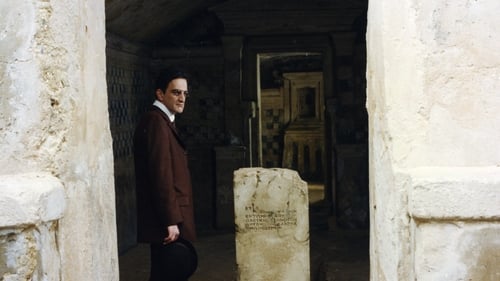
An ailing, elderly poet reminisces about his life of unrest and homosexual urges.

In the early 1800s, Prussian geographer Alexander Von Humboldt and French botanist Aimé Bonpland launch an expedition to explore the Amazon region, including the Orinoco River, from Venezuela to the border of Portuguese Brazil.















